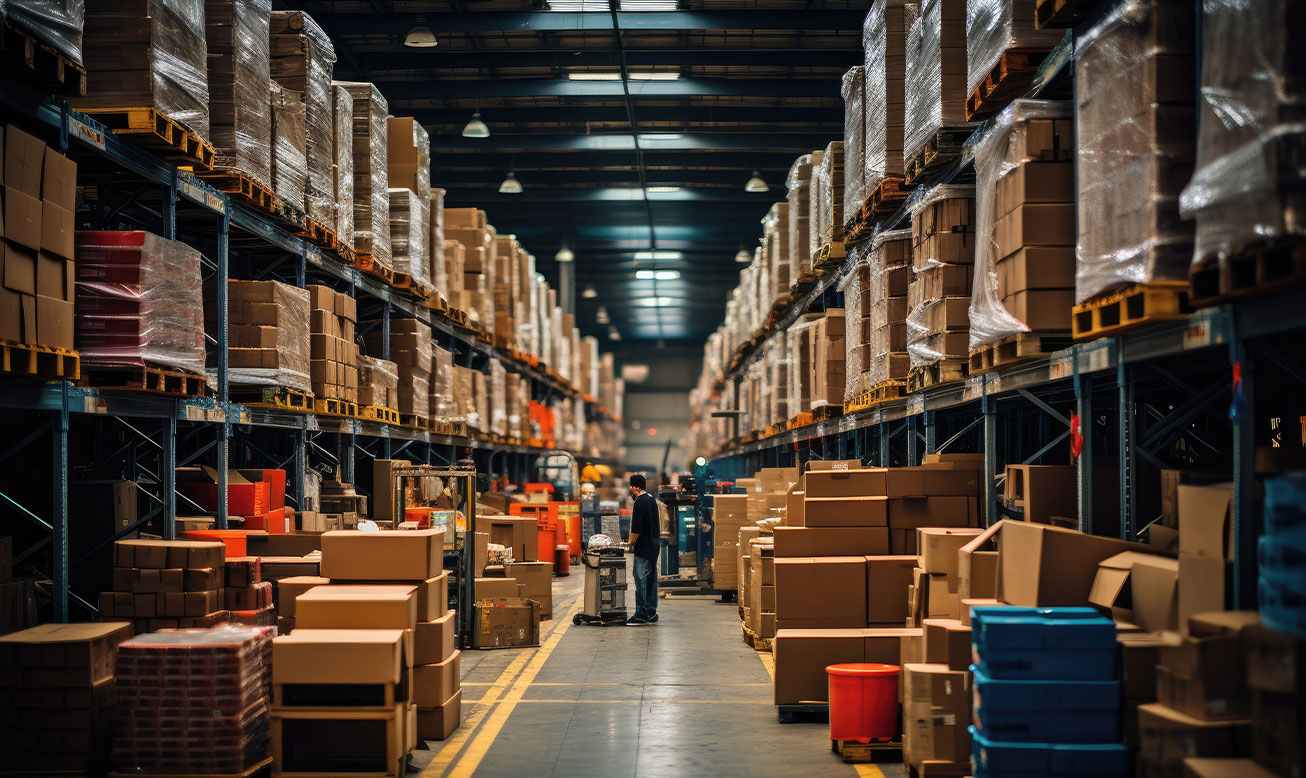April 7, 2025
5 Simple Rules in Logistics Customer Service
Logistics is a highly competitive and time-sensitive industry. That’s why customer satisfaction is more than a metric but a mission. With supply chains becoming more complex and client expectations rising, delivering outstanding logistics customer service is not just a value-added but a strategic necessity.
Whether you manage freight transportation, warehousing, or last-mile delivery, your logistics customer experience directly impacts your company’s reputation and long-term success. The backbone of exceptional service lies in the rules of good customer service, which should be embraced by everyone in the logistics industry, from carriers to service providers to B2B clients.
Why Logistics Customer Service Matters
The elements of customer service in logistics revolve around four key principles:
- Effective communication
- Reliability
- Adaptability
- Customer-centric thinking
When logistics providers master these fundamentals, they build strong, long-lasting client relationships and contribute to a seamless, efficient supply chain. This approach ensures that deliveries arrive on time and that the overall service leaves a positive, lasting impression.
It is also crucial to understand that logistics customer service is not a one-time effort. It demands ongoing evaluation, real-time responsiveness, and an openness to feedback and change. Companies that prioritize this mindset can cultivate a culture of service excellence, which sets them apart in a competitive market.
Achieving B2B Logistics Efficiency
In business-to-business, where time is money and every second counts, efficiency and communication are everything. One of the most critical stages in logistics is last-mile delivery, the final handoff that connects a company to its client. In this phase, impressions are solidified, and client loyalty is earned or lost.
Expedited shipping is key for this process. When disruptions occur, weather delays, supply chain hiccups, or emergency orders, having the ability to pivot quickly speaks volumes about a provider’s adaptability and dedication to the customer experience.
At Last Mile Logistics, we understand the importance of partnering with a trusted network of approved providers to deliver flexible, cost-effective, and reliable logistics solutions. Our service model is designed to help you optimize delivery processes without the burden of owning fleets or warehouses.
The 5 Rules of Good Customer Service in Logistics
To build trust and drive performance in logistics, here are five fundamental rules that define excellent B2B customer service:
Answer Your Phone
Clear and timely communication is the lifeblood of the logistics industry. Whether it is a scheduling change, tracking update, or urgent delivery question, clients need to know they can reach you. Simply put, answering the phone is the first sign of a dependable partner.
Delays often cost money and stress; therefore, being accessible builds credibility. It is a small action that speaks volumes about your commitment. The importance of communication in logistics cannot be overstated. Every unanswered call is a potential missed opportunity.
Don't Make Promises You Can't Keep
Reliability is the golden rule in logistics. Overpromising and underdelivering can disrupt entire supply chains and lead to significant business losses. Set realistic expectations, communicate timelines clearly, and only commit to what you can confidently deliver.
When you keep your word, you build a reputation for dependability. Clients want partners they can count on, especially in high-pressure environments. By practicing this one rule, logistics companies can build long-term trust that fuels growth.
Listen, Really Listen
Active listening is one of the most undervalued elements of customer service in logistics. Every client has unique needs, timelines, and constraints. Rather than offering one-size-fits-all solutions, take the time to understand what matters most to your customer.
Listening enhances your logistics communication strategy by allowing you to respond with more tailored, impactful solutions. It shows clients you are not just a vendor but a partner who cares about their success.
Deal with Complaints Effectively
No logistics operation is perfect. Delays, damage, or miscommunications will occasionally happen. How a company handles these situations distinguishes great service providers from average ones.
Address issues promptly, acknowledge the problem, and provide a clear path to resolution. A proactive approach to dealing with issues can turn a negative experience into an excellent opportunity to demonstrate accountability and professionalism.
Remember, the logistics customer experience does not end with the delivery; it extends to how you respond when things go wrong.
Go the Extra Mile
Exceptional service is about meeting expectations and exceeding them whenever possible. In logistics, this could mean offering white glove delivery services, providing after-hours support, or suggesting innovative warehousing strategies.
These added-value services help businesses stand out and build customer loyalty. When you consistently deliver more than required, you position your company as a true logistics partner, not just a service provider.

Use Last Mile Logistics Experience and Partnerships for Seamless Service
As a seasoned non-asset-based carrier, we bring more than a century of combined knowledge and insight to the table. Our model relies on strategic collaboration with a trusted network of pre-vetted logistics partners, each selected for their track record of reliability and customer focus.
This approach allows us to:
- Provide scalable solutions tailored to your business
- Offer cost-efficient logistics services without compromising on quality
- Stay agile, especially when facing changing market demands
- Focus on the logistics rules that prioritize client satisfaction above all
By embracing the rules of good customer service, you can run your supply chain smoothly, efficiently, and in alignment with your business goals.
Why Communication is the Key to Logistics Success
If there is one recurring theme in all five rules, it is this: communication is everything. The importance of communication in logistics extends far beyond answering calls or sending updates; it is about building trust, reducing errors, and creating transparency.
Good logistics communication ensures everyone is on the same page, from dispatchers and drivers to warehouse staff and clients. The logistics process becomes more predictable, efficient, and customer-friendly when information flows freely and accurately.
Ready to Upgrade Your Logistics Experience?
If you are seeking a logistics partner who understands the value of customer-centric service, clear communication, and flexible delivery models, we invite you to connect with us. With over 130 years of combined expertise and a robust network of trusted partners, we are equipped to meet your needs today and grow with you into the future.
Let us help you build a more efficient, responsive, and customer-focused logistics strategy.
Have an RFP? Need to speak with a logistics expert? Call Arnie today and experience what true service looks like.


